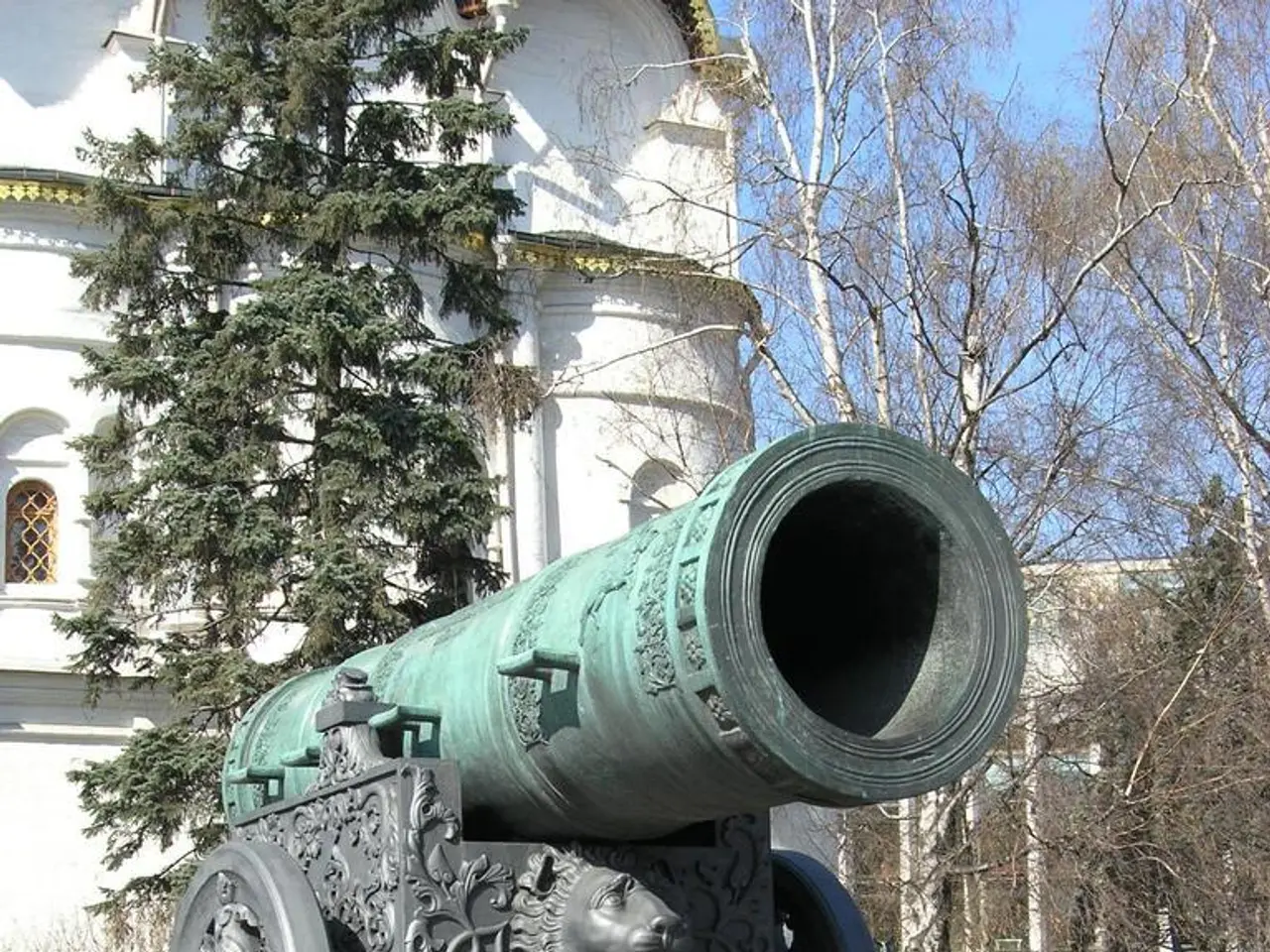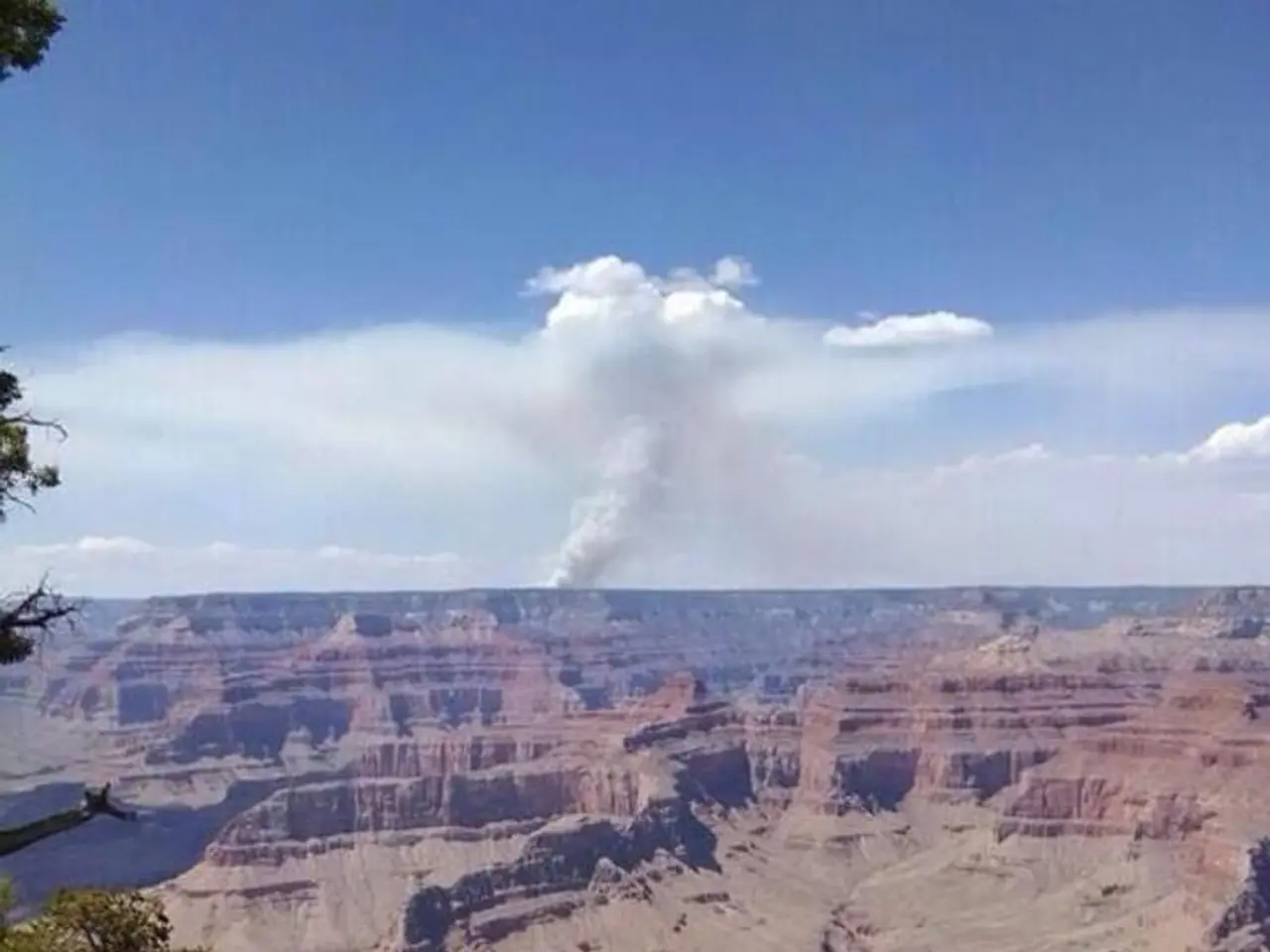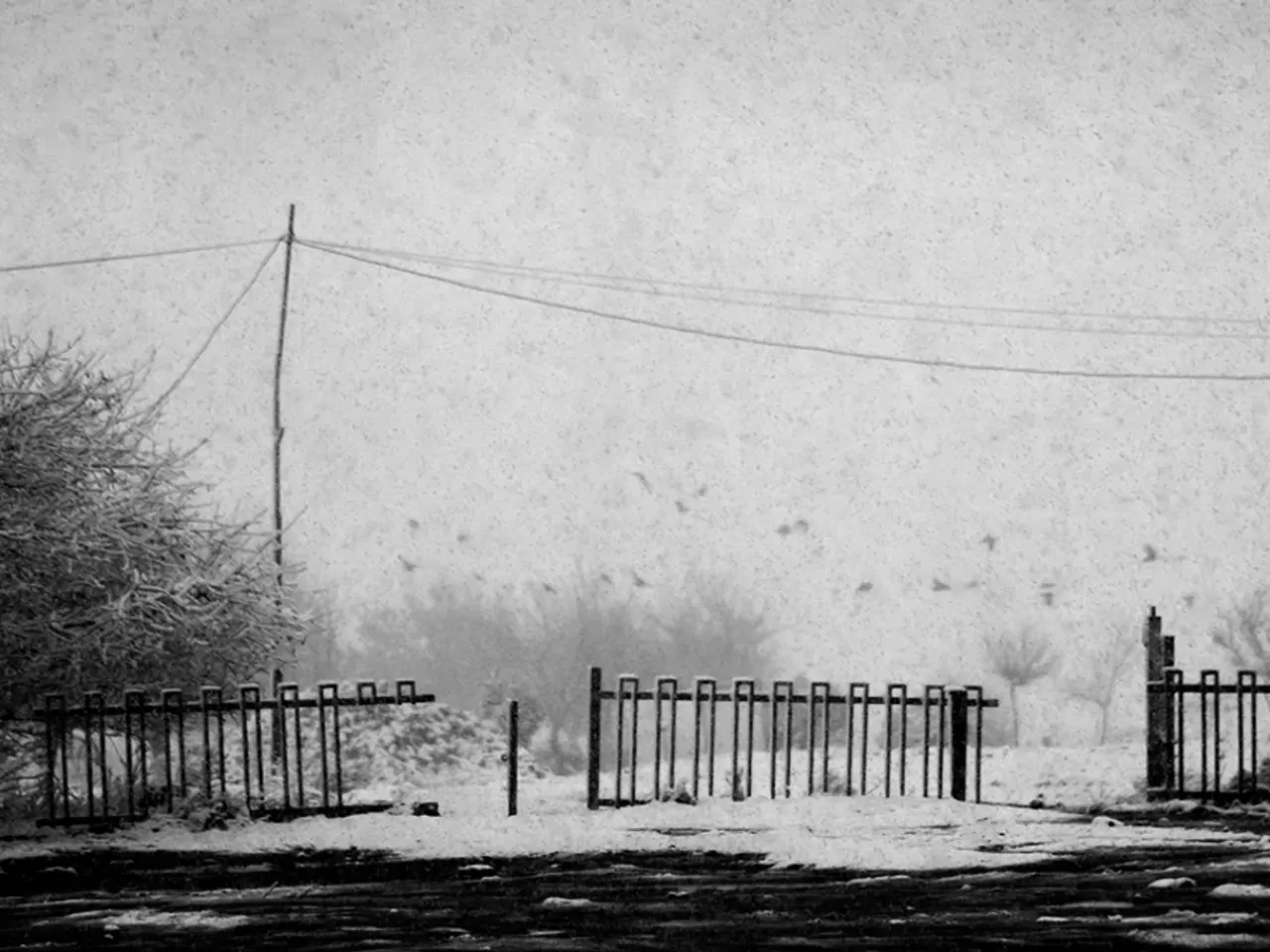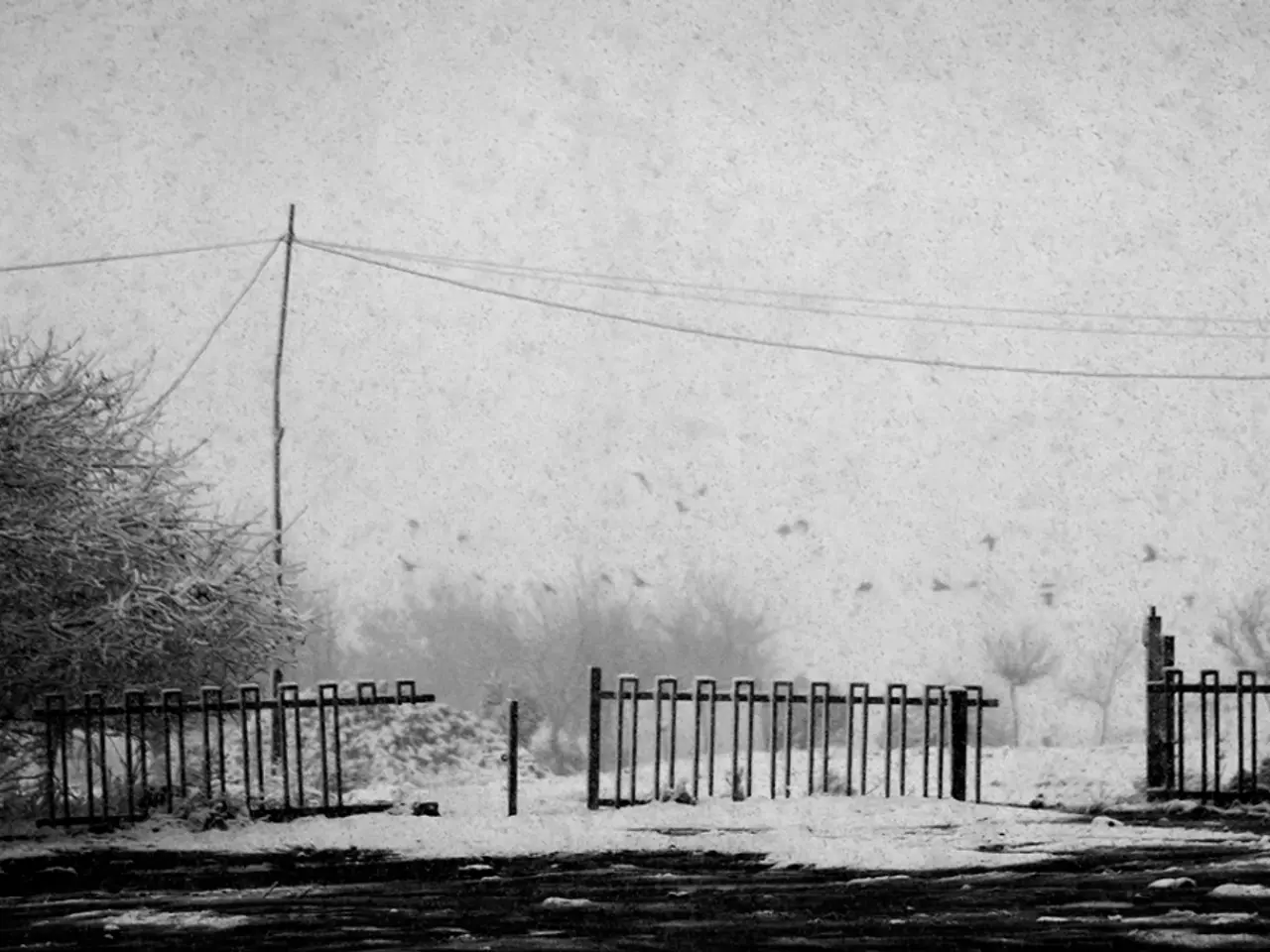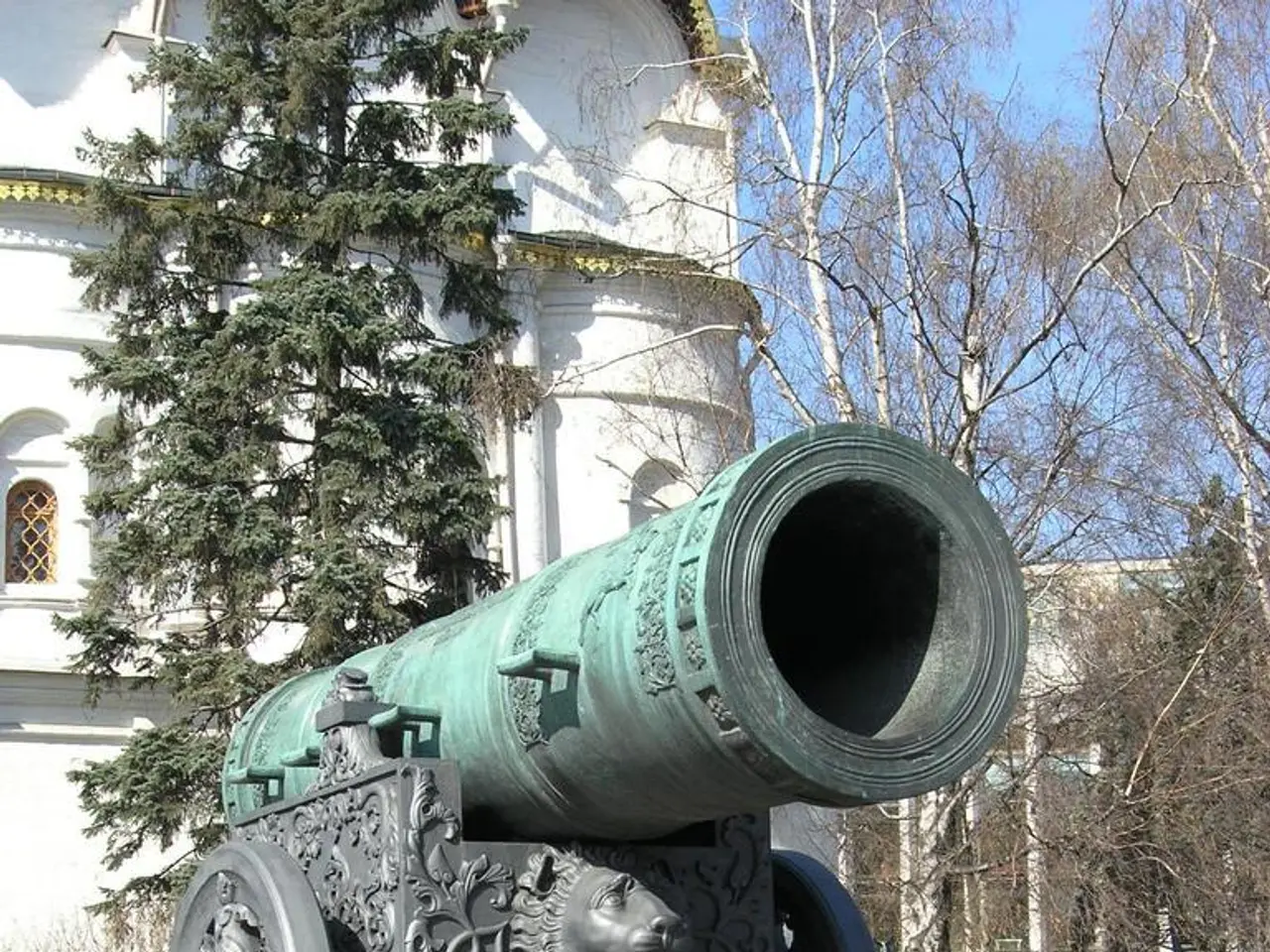A tsunami struck Russia
In a significant geological event, an 8.8-magnitude earthquake struck Russia's Kamchatka Peninsula on a Wednesday, causing a tsunami with moderate effects. The epicentre of the earthquake was located 119 km east-southeast of Petropavlovsk-Kamchatsky.
The earthquake, which ranks as the sixth-strongest ever recorded, has caused moderate damage and multiple injuries in Kamchatka Krai and Sakhalin Oblast. According to the latest updates, there is a 44% chance of fatalities ranging between 10 and 100 people.
The tsunami, generated by the earthquake, had a significant impact on the Pacific region. Areas like Hawaii were put on alert due to the potential for moderate tsunami activity and secondary effects such as landslides and liquefaction. Fortunately, the sparsely populated nature of the area near the epicentre likely mitigated casualties.
Shortly after the earthquake, the Klyuchevskaya Sopka volcano on Kamchatka began erupting, indicating ongoing seismic and volcanic disturbances in the region. Details on aftershock sequences are not yet specified, but a megathrust event of this scale would typically trigger numerous aftershocks.
The event remains under close monitoring due to ongoing seismic and tsunami risks. Regular updates are being provided on a Google news channel associated with a certain website.
In summary:
- The earthquake, with a magnitude of 8.8, occurred on the Kamchatka Peninsula in Russia.
- The earthquake caused moderate damage and multiple injuries in Kamchatka Krai and Sakhalin Oblast, with a potential for fatalities between 10 and 100.
- A Pacific-wide tsunami was generated, causing moderate effects, particularly in Hawaii where there was concern over potential tsunami activity and secondary effects.
- The Klyuchevskaya Sopka volcano began erupting shortly after the earthquake, indicating ongoing seismic and volcanic disturbances.
- The event remains under close monitoring due to ongoing seismic and tsunami risks.
Environmental scientists are closely monitoring the aftermath of the earthquake in Russia's Kamchatka Peninsula, particularly the impact on the weather and environmental conditions, such as the potential for increased volcanic activity or changes in atmospheric pressure. The Klyuchevskaya Sopka volcano began erupting shortly after the earthquake, raising concerns about long-term effects on the local climate and ecosystem.
